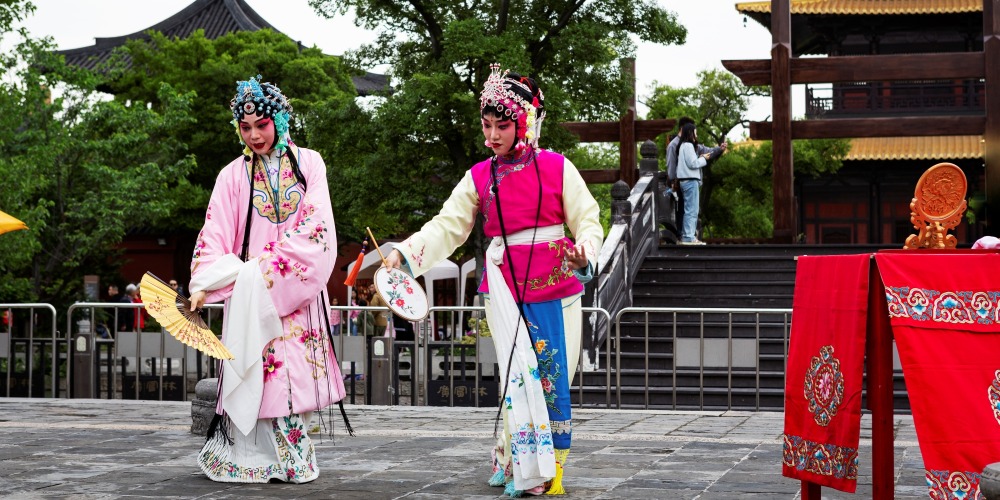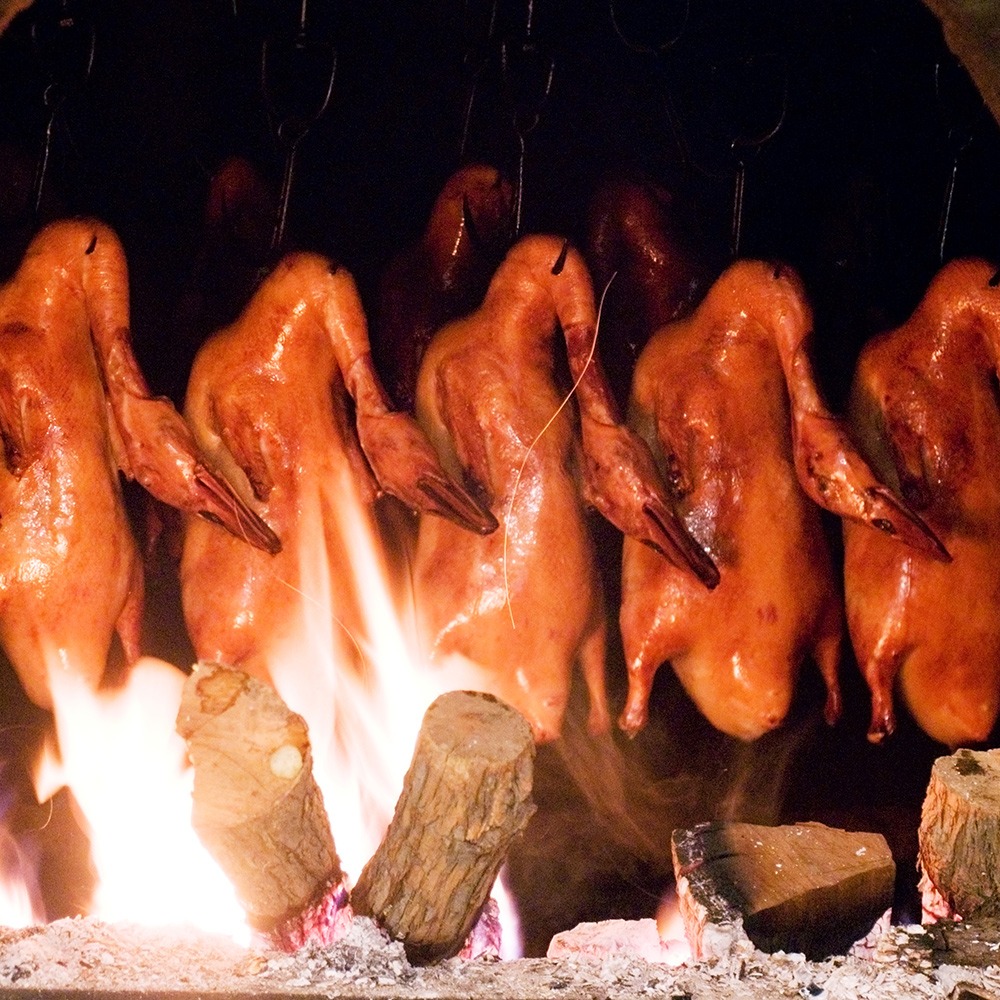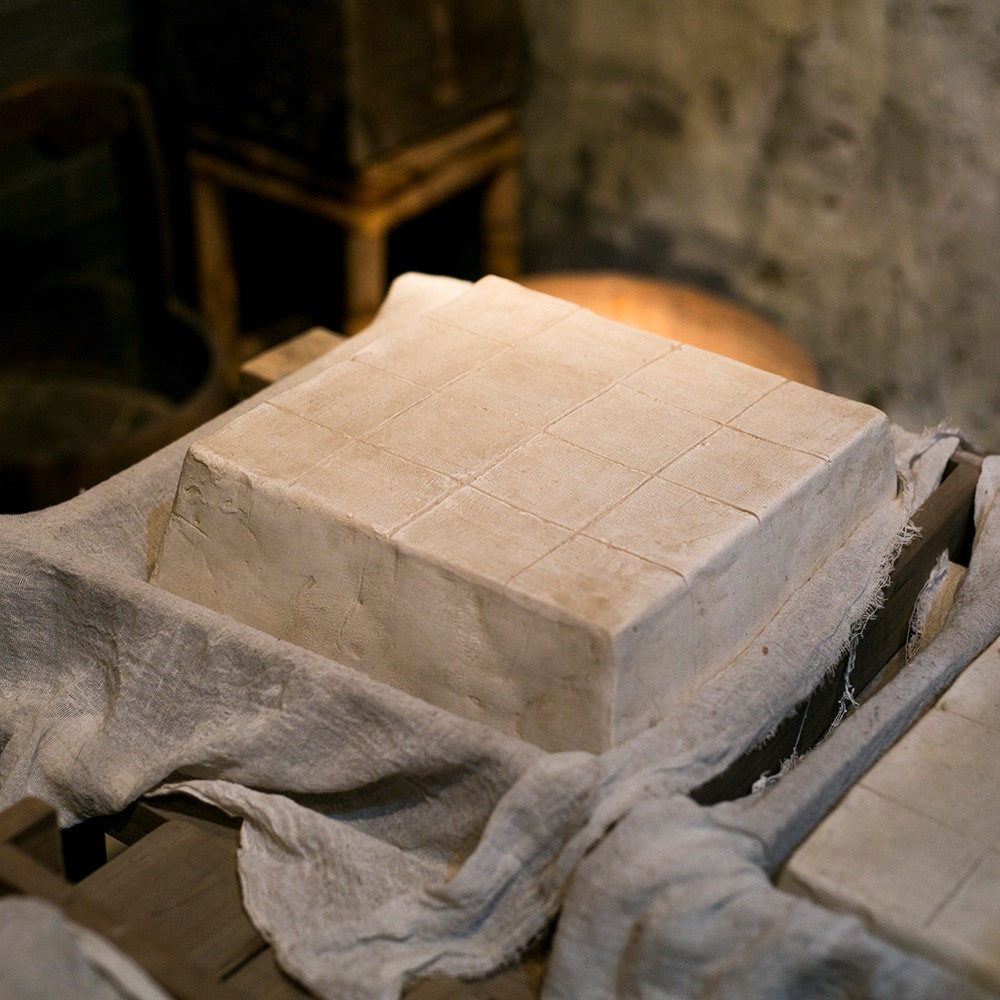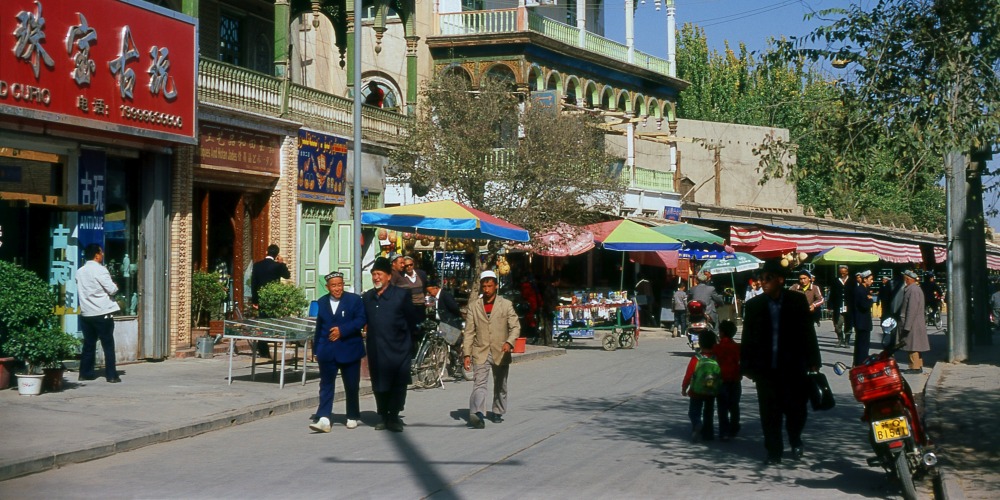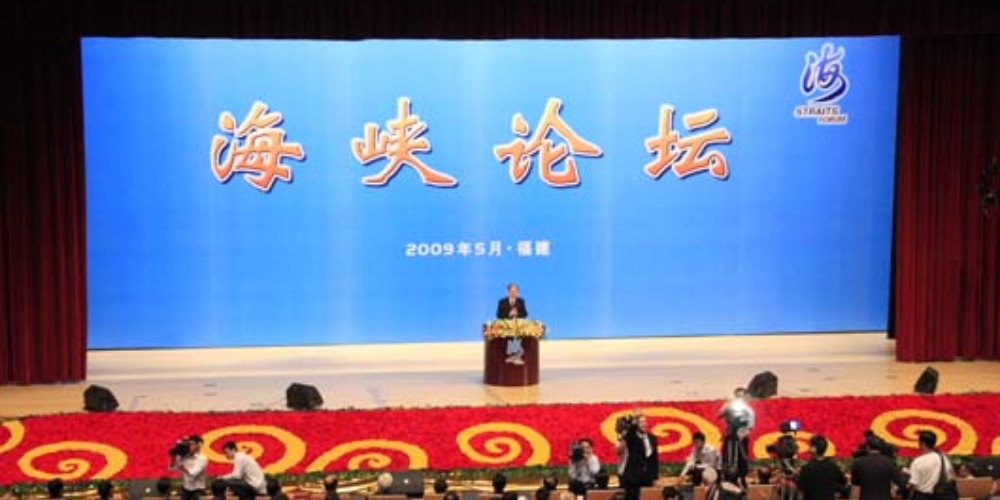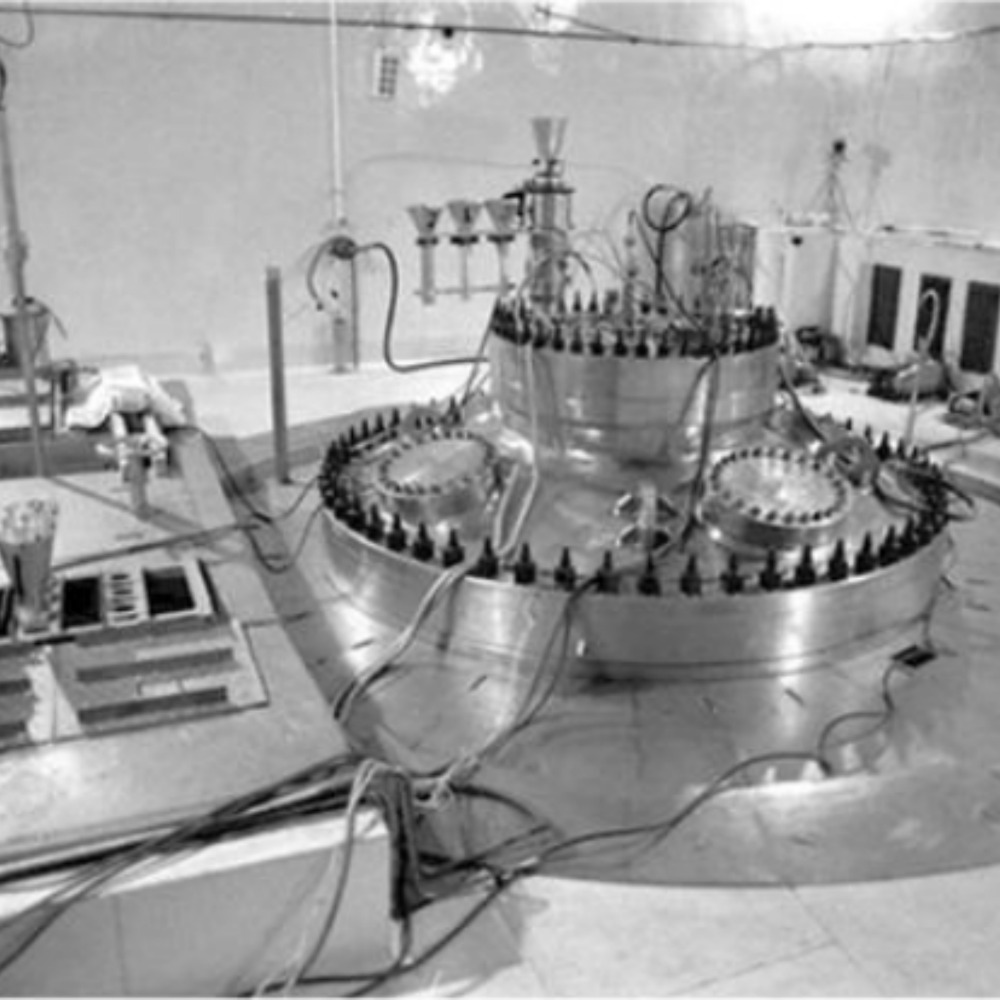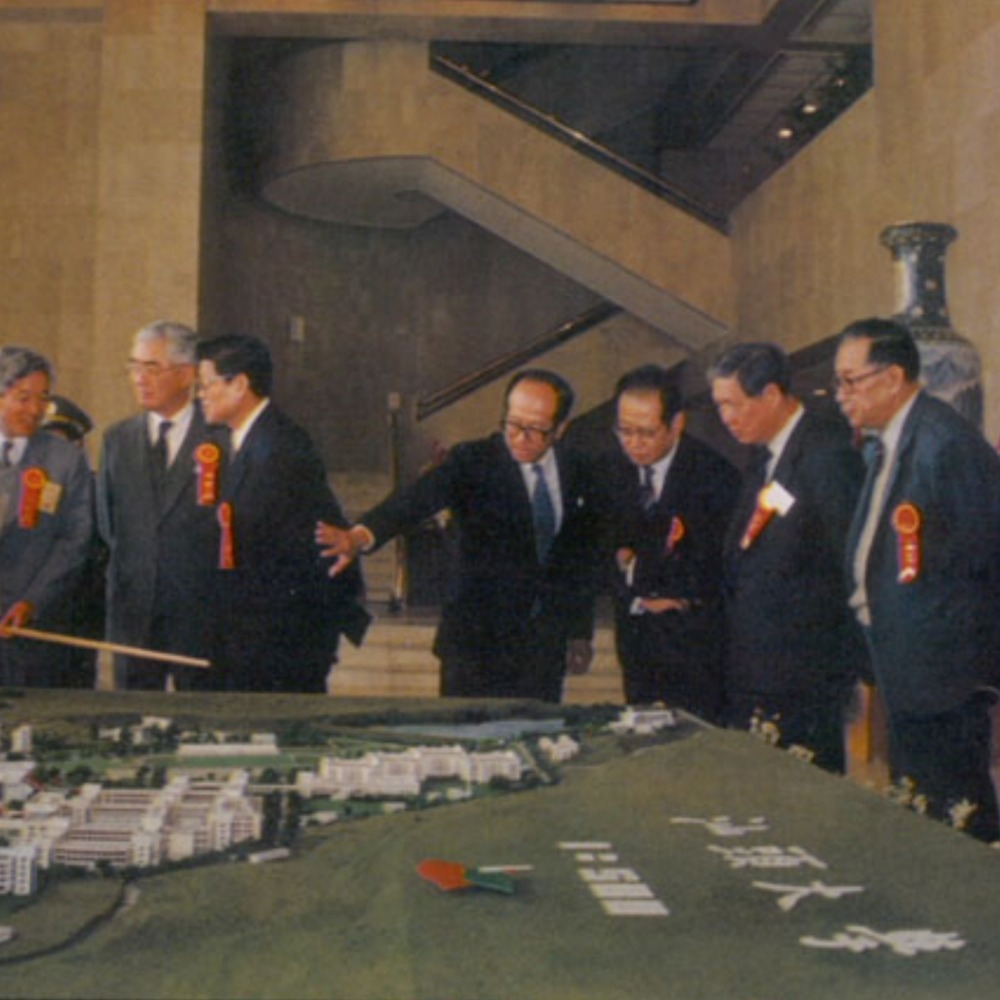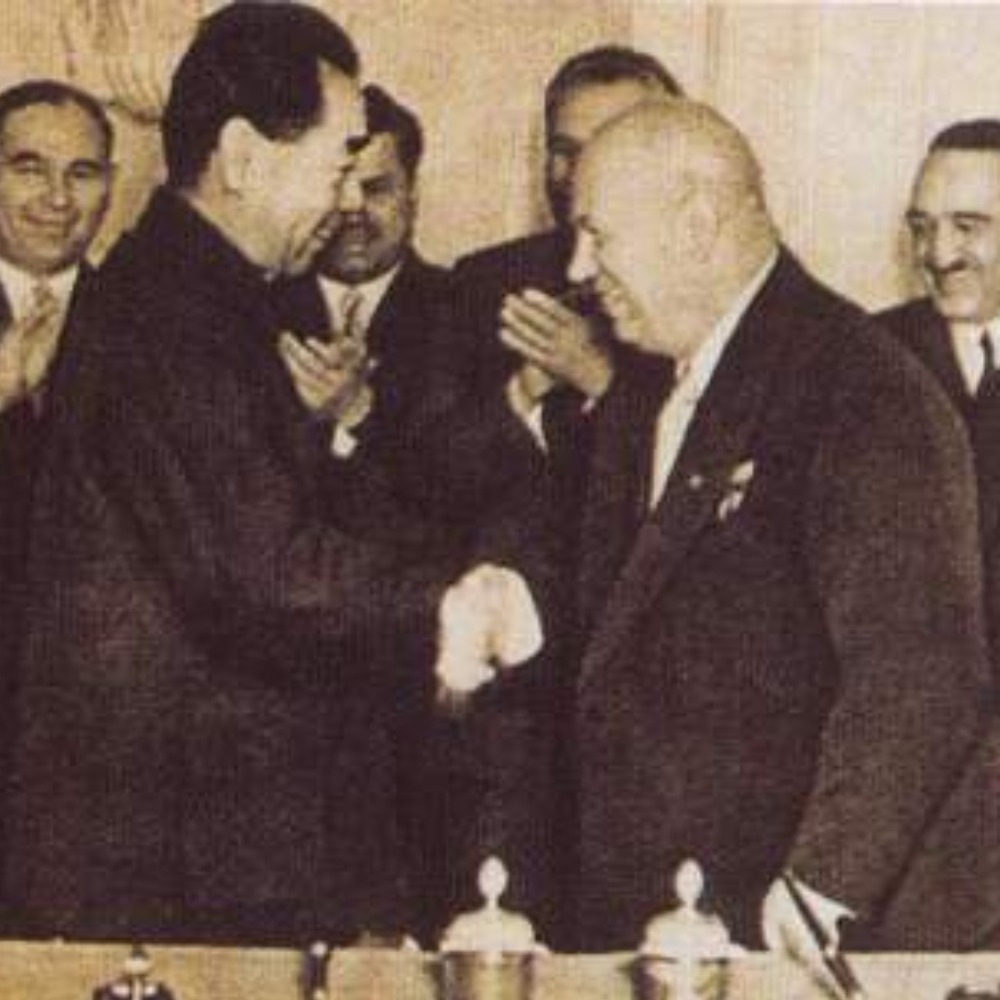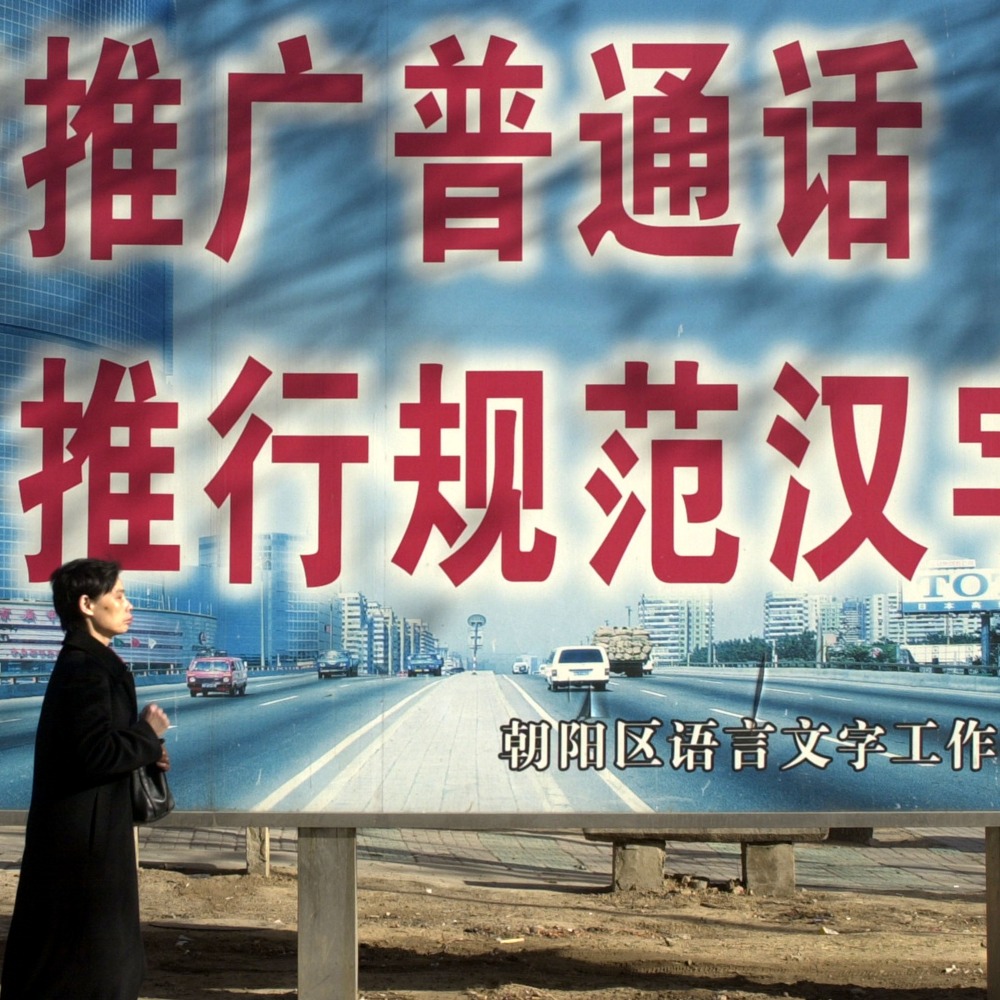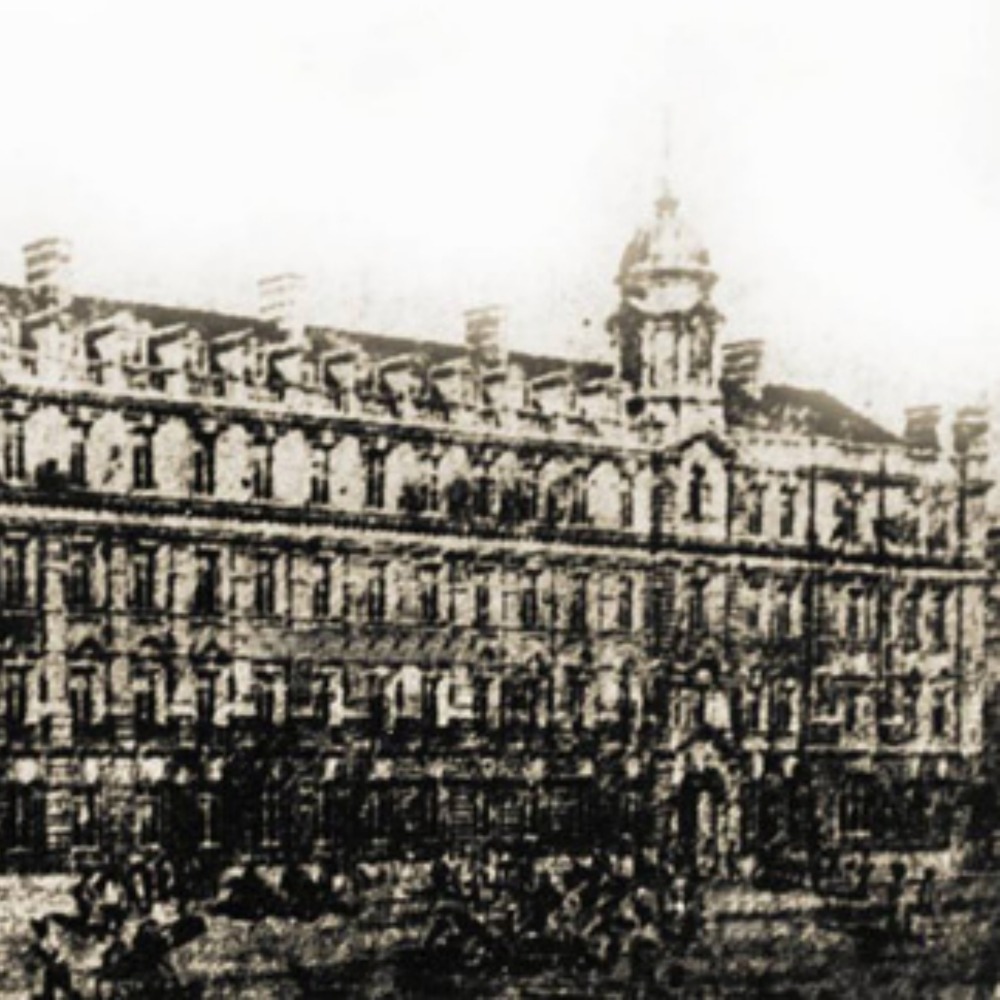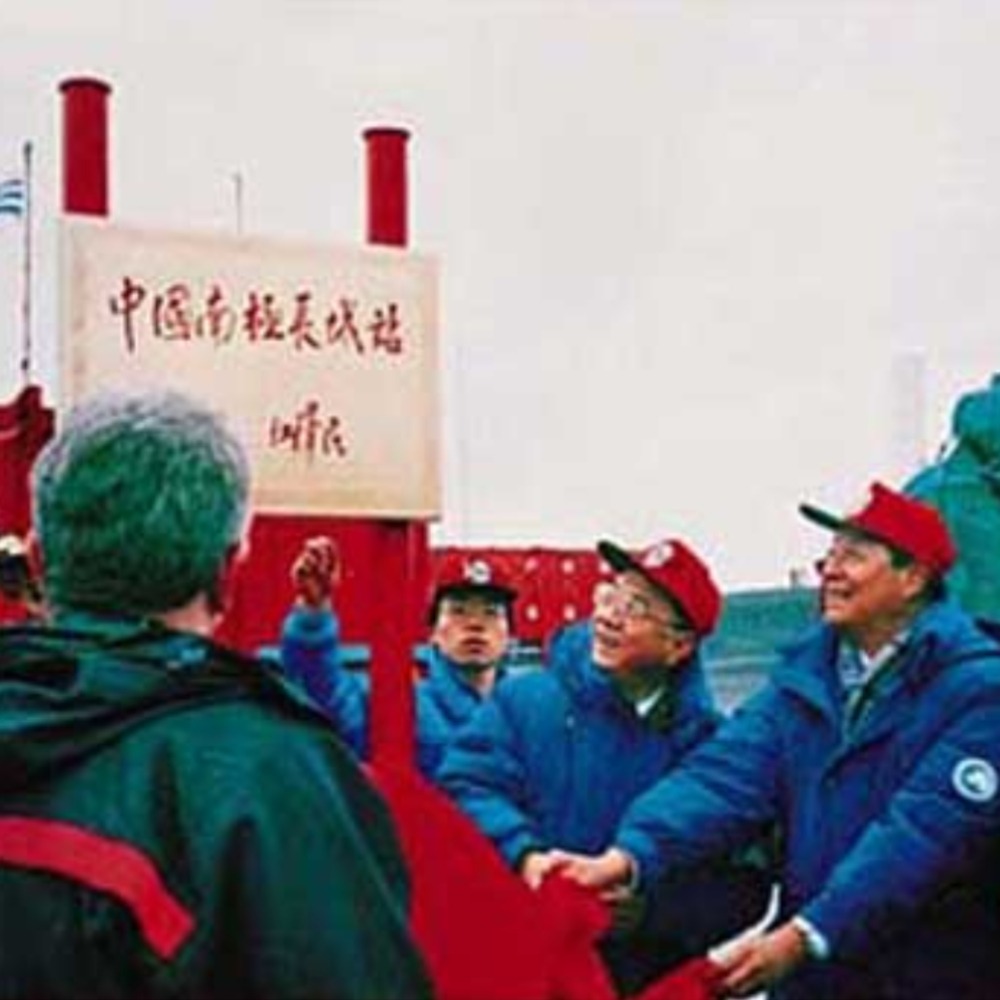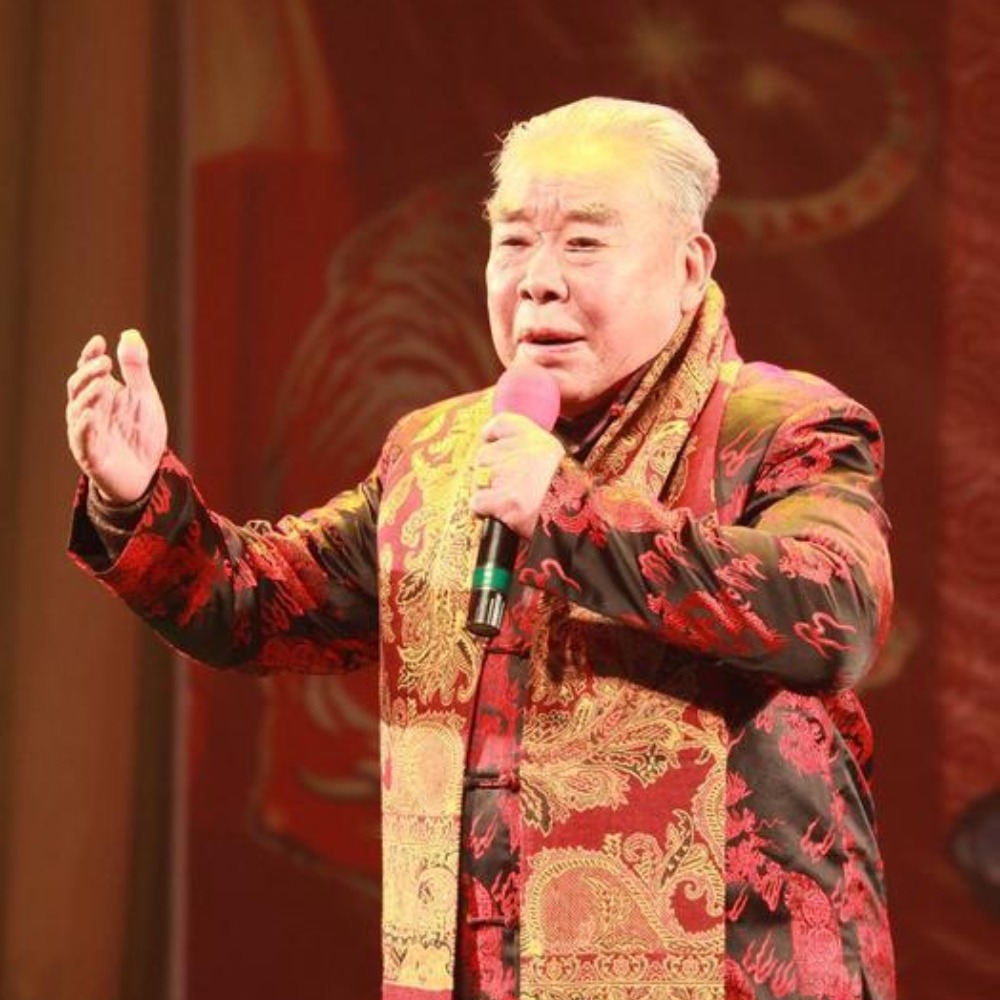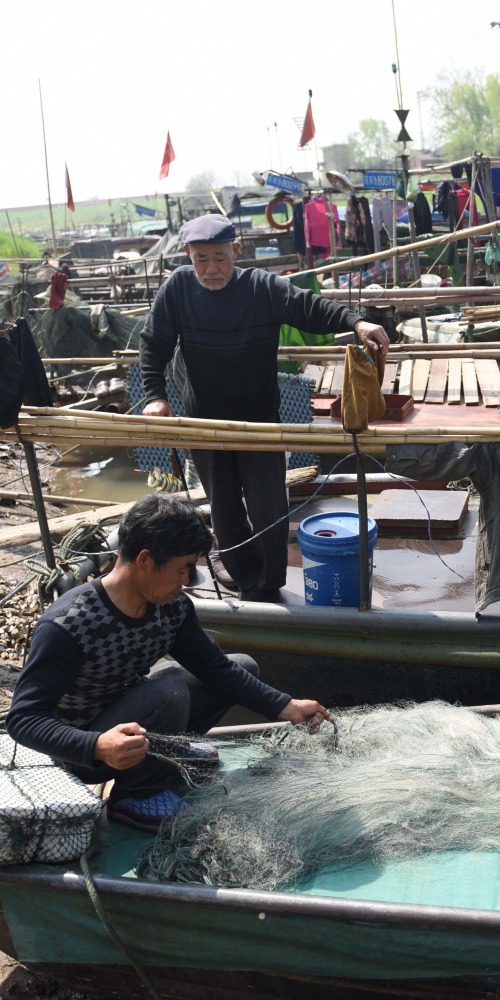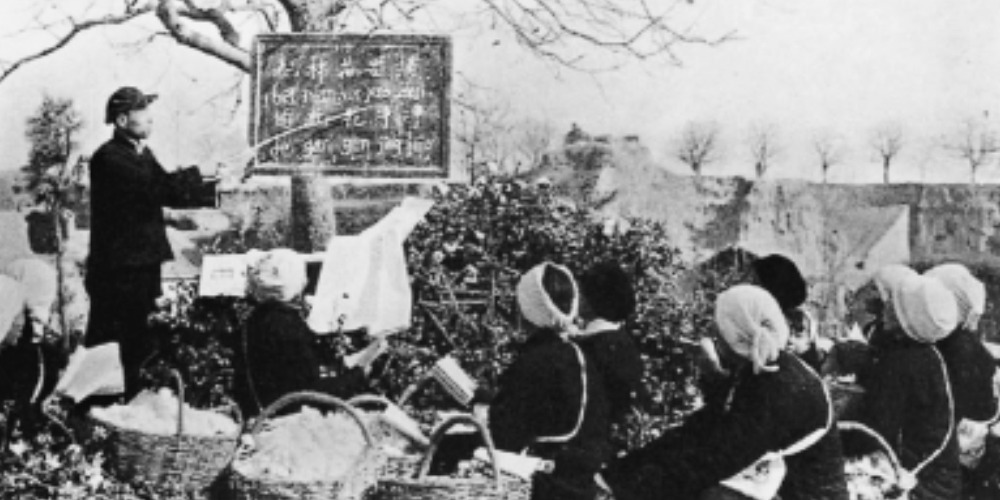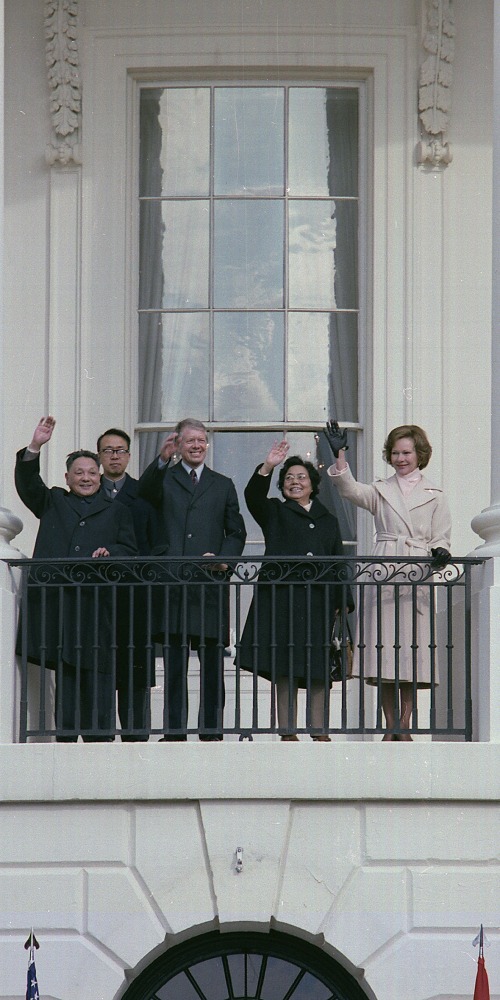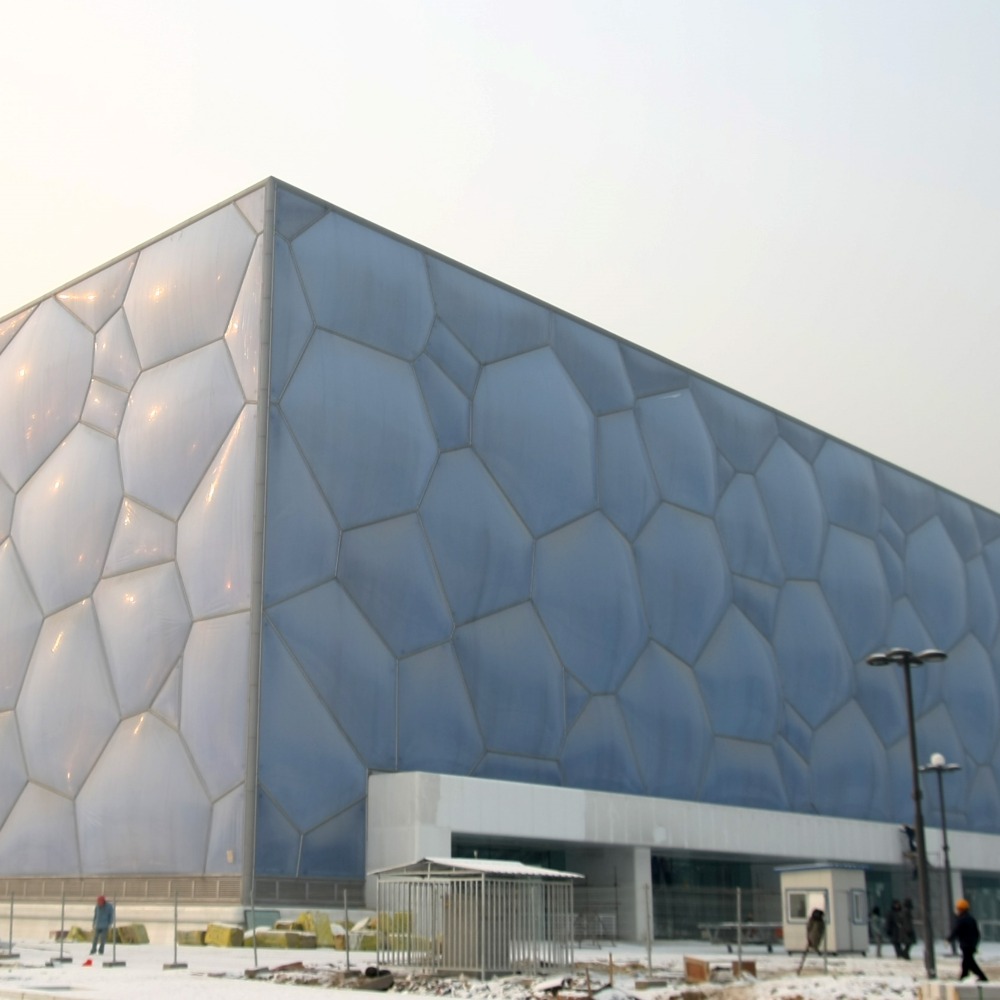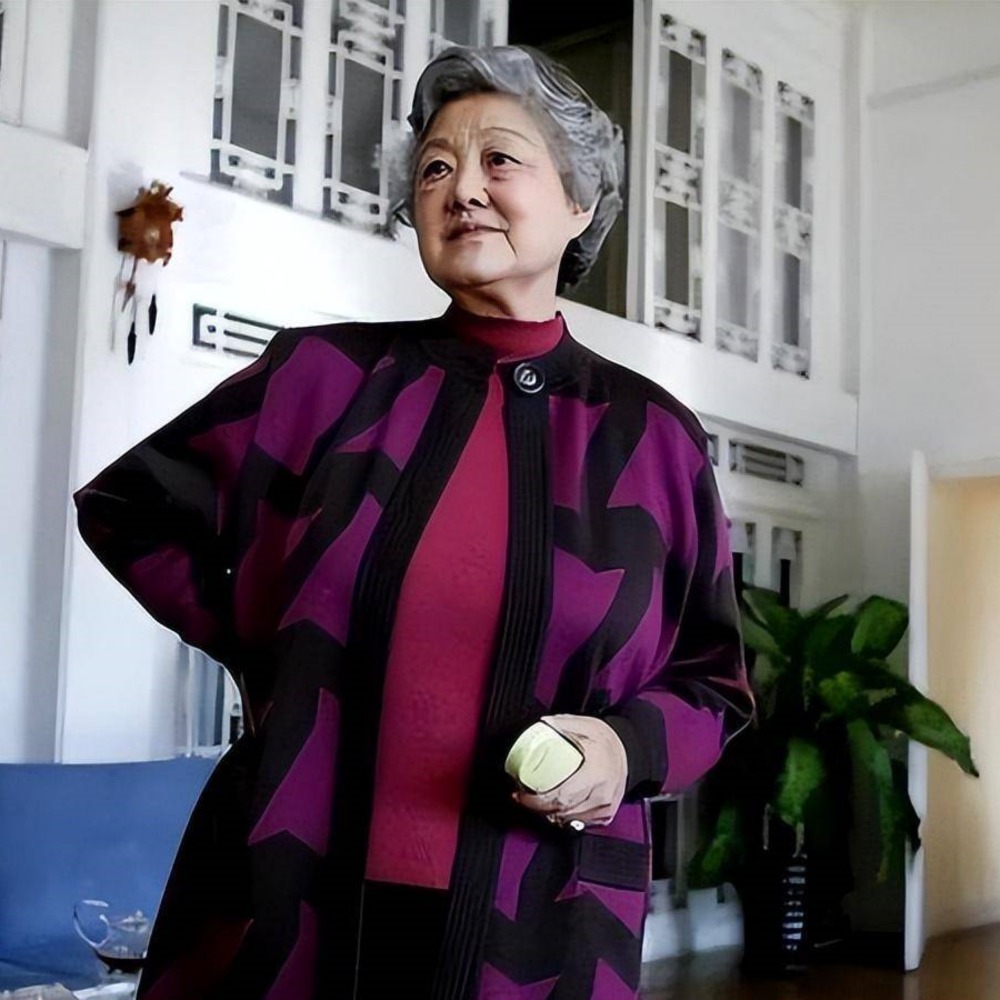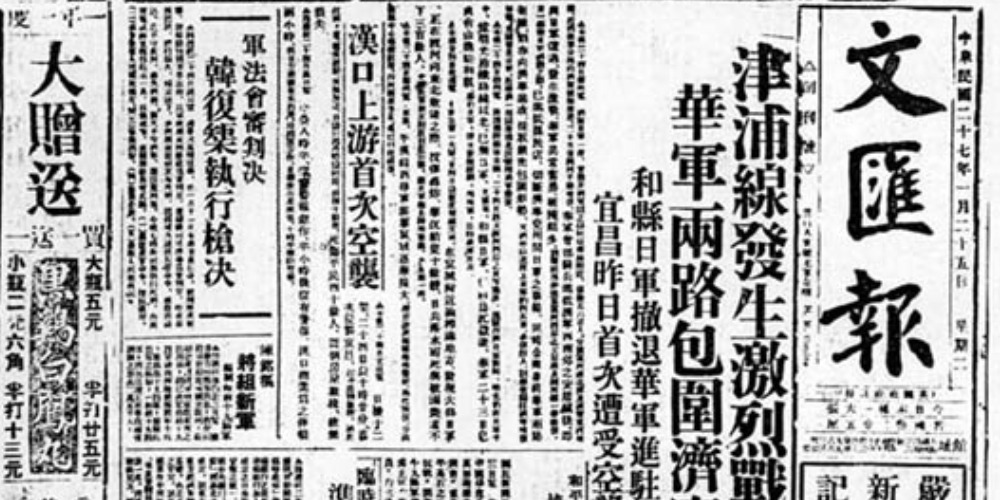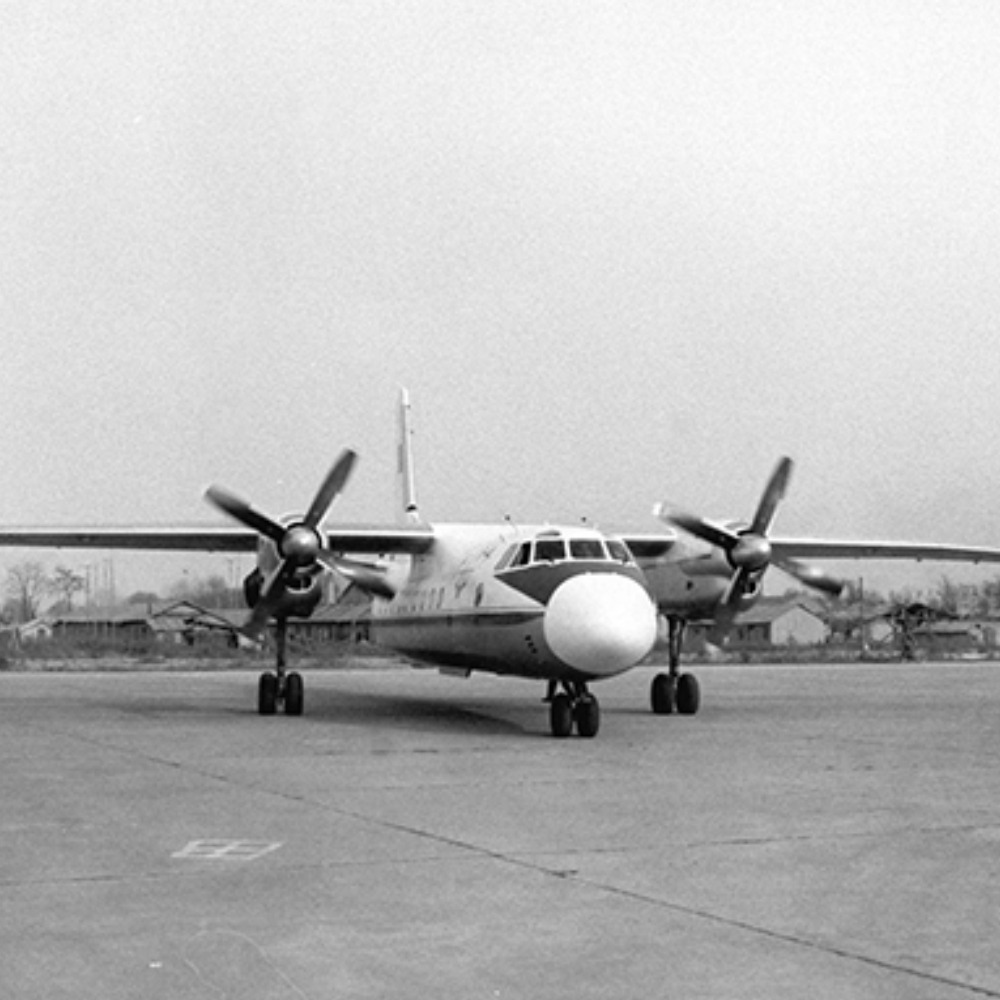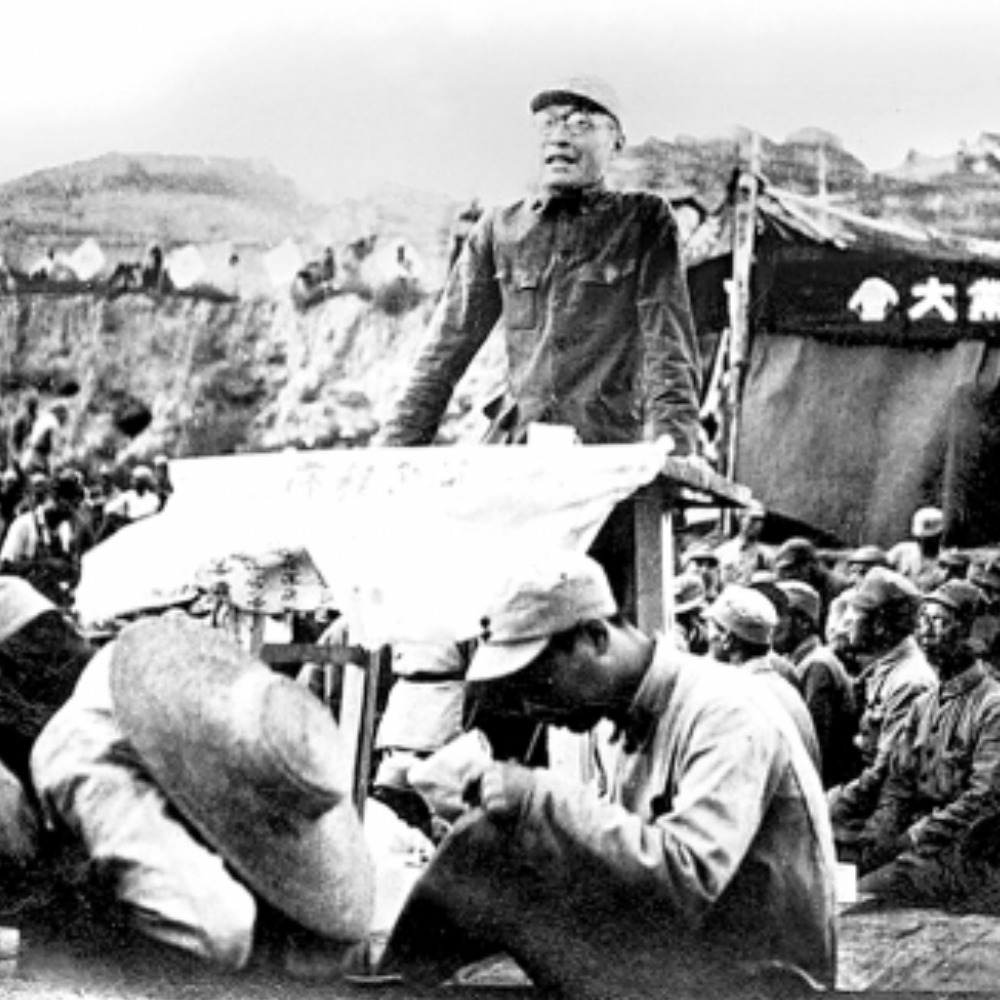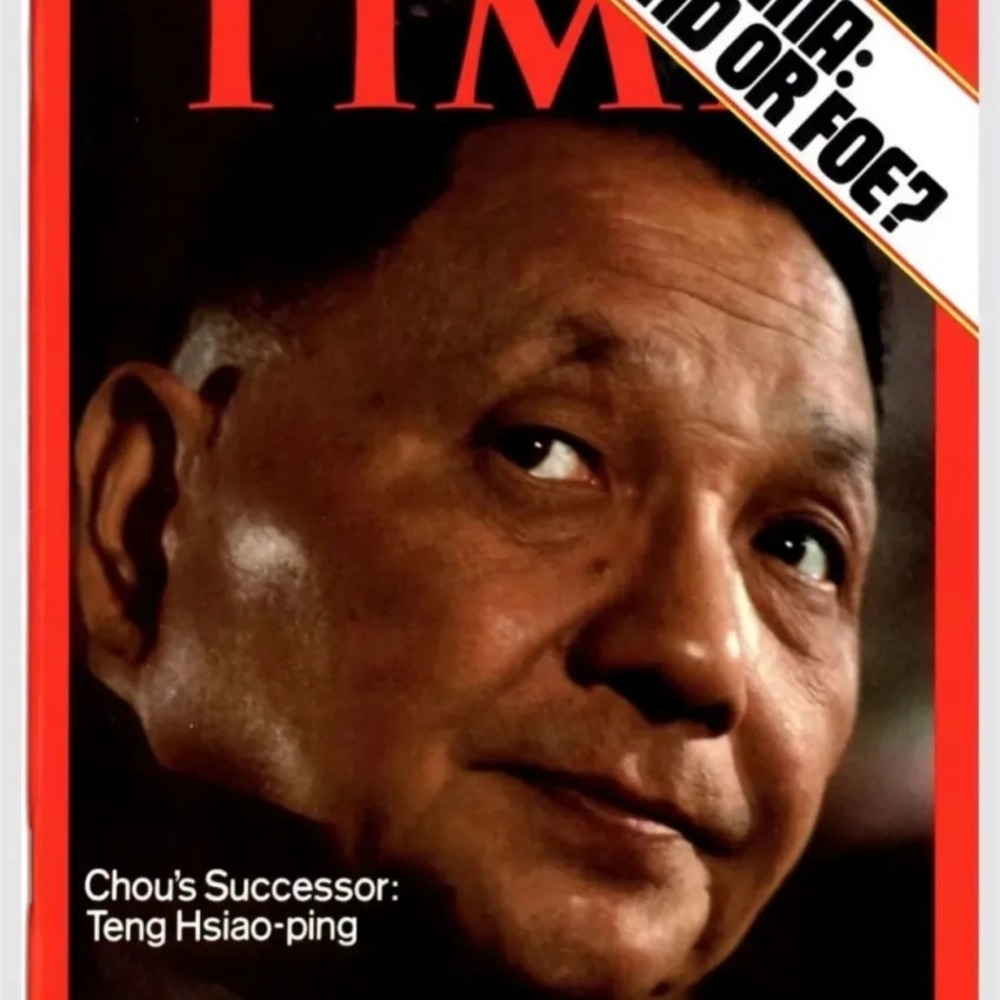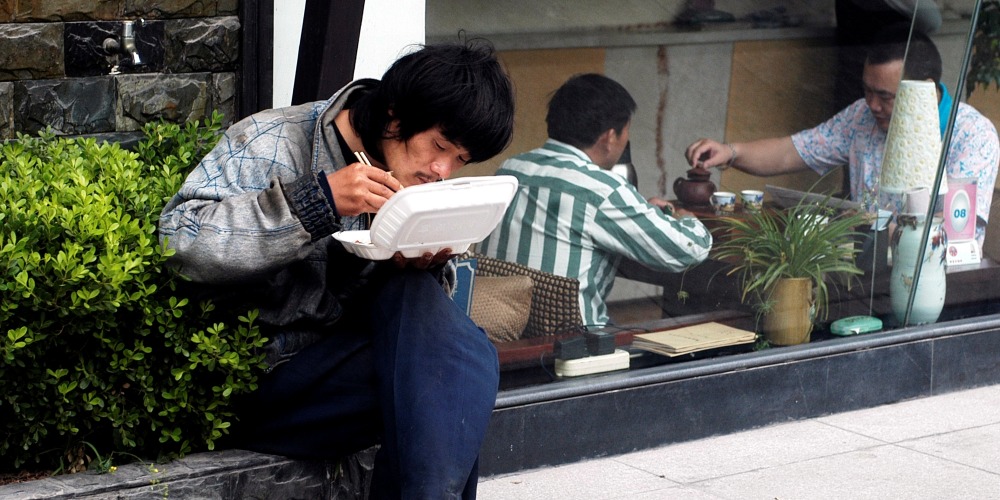Published : 2025-05-18
On May 18, 2001, China's Kunqu Opera, or Kun Opera (昆曲), was selected as one of the first batch of the "Masterpieces of the Oral and Intangible Heritage of Humanity" proclaimed by UNESCO.
The UNESCO arranges to announce a "Masterpiece" every two years, and each country can generally confirm one item each time.
There are two main criteria for selection: first, it must have outstanding cultural representativeness and special value for the relevant community and cultural diversity;
second, it must have an urgent need for protection, especially cultural and artistic forms that are in danger of disappearing due to lack of protection caused by factors such as social change.
Kunqu Opera originated in Kunshan, Jiangsu Province, with a history of over 600 years.
Kunqu Opera is known as the "ancestor and teacher of a hundred operas" in China.
Many Chinese local opera forms, such as Jin Opera (晉劇), Pu Opera (蒲劇), Shangdang Opera (上黨戲), Xiang Opera (湘劇), Sichuan Opera (川劇), Gan Opera (贛劇), Gui Opera (蒲劇), Yong Opera (邕劇), Yue Opera (越劇), Cantonese Opera (粵劇), Min Opera (閩劇), Wu Opera (婺劇), Dian Opera (滇劇), etc., have been more or less influenced by Kunqu Opera in various aspects.
